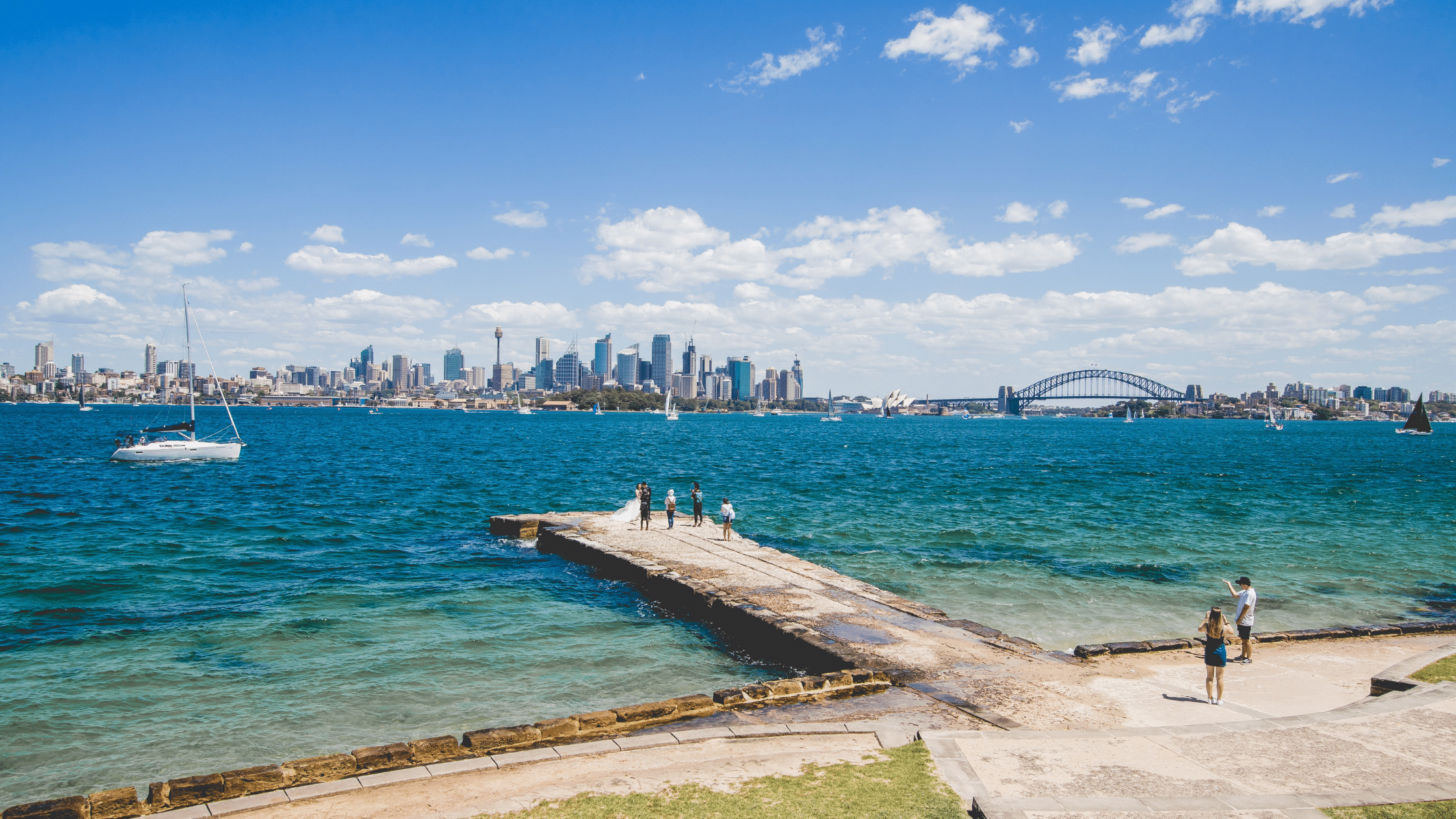The impact of migrants on the housing market has certainly become a topic of debate. On the surface, it would seem to be a fairly straightforward equation: the Australian government has set large targets for immigration, but with a housing shortage, the additional competition for properties makes it hard for people—locals or those coming in from overseas—to find a home.
One-third of Australians rent, and yet across the entire nation, vacancy rates are at just one percent. This shortage is pushing up the cost of renting, arguably adding to inflation in the country, and many are worried about what adding more migrants will do to that already precarious balance.
It’s a difficult debate to cut through because so many ulterior motives are at play. Many of those who don’t want to see migrants in the country have found this debate to be a useful outlet for their xenophobia. Meanwhile, many of those who support the large migration rate are also property investors and would benefit from the increase in rent. And what about the fact that only 1% of Australians own 25% of investment properties?
The reality is that while migration numbers have a role to play in the availability of housing, it’s not the only one, and even if Australia were to cut migration to zero tomorrow, if that were the only step taken to address the housing crisis, nothing would improve. We already know that this is the case because migration was effectively cut to nothing through the COVID-19 pandemic, and housing issues increased, not decreased.
And indeed, cutting immigration would lead directly to the recession. This is a long-term issue with the Australian economy that needs leadership and a long-term solution. However, in the short term, the priority needs to be to avoid a deep recession. Whatever the pain felt with housing and the cost of living now, it becomes so much worse when paired with businesses failing and rapidly increasing unemployment.
With all these brought together, migrants are the convenient football that all sides of politics are using as an excuse to ignore the greater problems at play—a position that we’re familiar with—but in the current climate of hostility towards migration, it’s a particularly troublesome debate to contemplate.
What’s actually causing the housing crisis
There are many factors that are currently combined to create the perfect storm and the current housing crisis. Some of the main pieces in play are:
Housing Supply and Demand: The relationship between supply and demand for property in Australia is complex. In terms of supply, a lot needs to come together for buildings to get built. These include everything from planning regulations to the availability of labour and materials, as well as infrastructure—buildings need roads, public transport, and more.
Demand is a factor in this, and when demand is high, supply also increases as suppliers look to capitalise on the demand. We know that suppliers are working as hard as they can to meet demand right now because Australia’s property market is on such a lucrative growth curve.
However, it’s important to remember that demand is only one factor that influences supply. Case-in-point: even though demand in Australia right now is massive, ABS statistics show that the number of new dwellings being built is actually declining.
What does this mean? In short, if you cut demand as one of the factors encouraging supply, then supply will actually drop further. Even fewer buildings will get built. Migrants creating demand is actually a positive thing for addressing the housing crisis. What we need is to remove the other roadblocks that are limiting the ability of the market to create enough supply.
Investment Activity: A significant driver of the housing crisis globally is speculative investment in the property market. Australia is well-known for having expensive property markets, with both Sydney and Melbourne ranking in the top 10.
The biggest impact here is that an expensive property market lures international investors, and competition between domestic and international investors for stock tends to drive up prices for those properties. As investment properties, those costs are passed on to renters, meaning that migrants are less of a cause of inflated rental prices than overseas buyers, who are often purchasing sight unseen, just to have assets in the lucrative markets.
Government Policies: Government policies play a crucial role in the housing market. Policies related to taxes, interest rates, and housing subsidies can all impact housing affordability. A government that isn’t willing to invest in infrastructure will often limit how quickly and densely an area can be developed. Australia’s government has also been hesitant to invest in social and government housing projects, meaning that lower-income individuals and families are competing for the commercial stock available.
Migrants have no control over these policies, and their presence or absence from the market isn’t going to shift government thinking on any of them.
Income Inequality: Finally, the concentration of wealth is making property availability a challenge. Rising income inequality means that high-income individuals can afford to buy multiple properties. This drives up prices across the board and makes it more difficult for first-home buyers, including new home builders, to take themselves off the rental market. Recent reports highlight just how severe this has become: An Australian needs to earn $300,000 to “comfortably” afford to buy a home in today’s market.
Most migrants are not looking to buy homes immediately after relocating to Australia. This is a dynamic that is entirely domestic and will also continue whether there are migrants coming into the country or not.
To solve the housing crisis, we need to look at the domestic trends that are contributing to it. The debate around migrants is a smokescreen for these economic and social forces, and no policies to restrict or eliminate immigration are going to address what is actually going on with the housing crisis.
Affy Bhatti
Affy Bhatti is a British born Pakistani venture builder focused on fintech and sits on a number of migrant empowerment and equity boards. Affy currently directs his experience into two compelling initiatives after pioneering Deloitte Australia's project risk practice and navigating the complexities of global financial systems. He is the founder of Bless Payments, a fintech firm that simplifies money transfers for migrants in Asia, Africa, and the Middle East, as well as HealthCo, an early-stage health tech startup that is revolutionising digital health services.































































